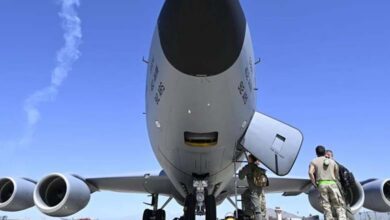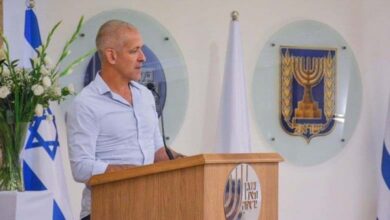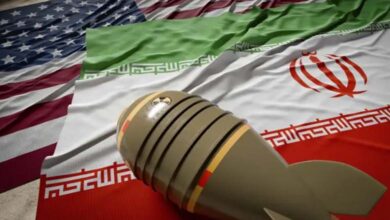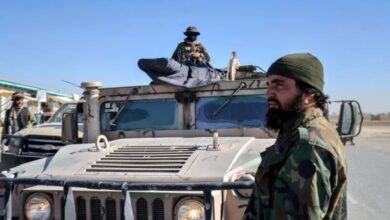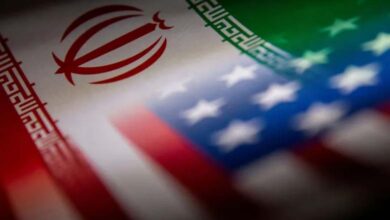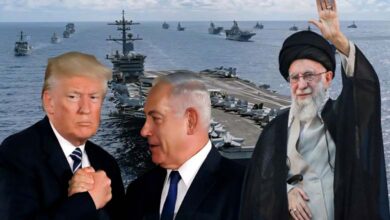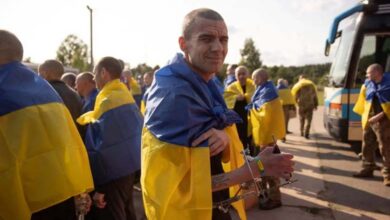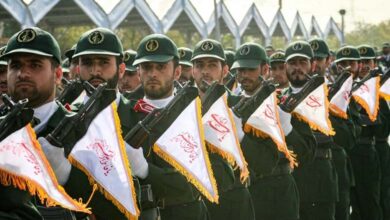The al-Burhan War awakens rebel movements in Sudan
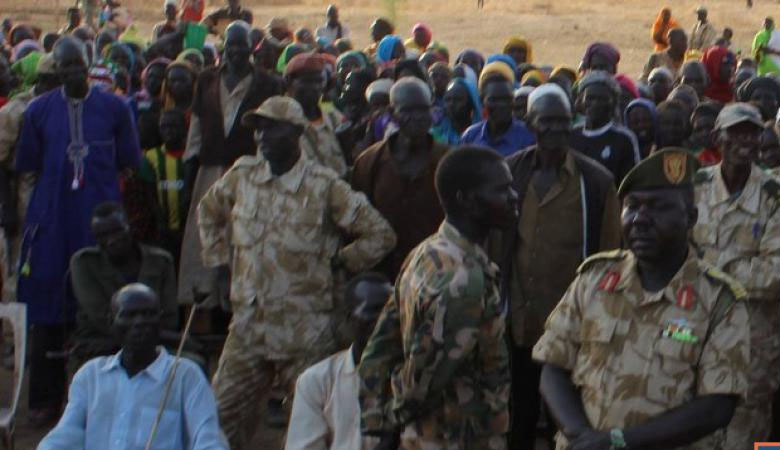
Taking advantage of the split caused by the Sudanese army, starting with a coup against the civilian partners in government, the Rapid Support Forces, led by General Muhammad Hamdan Daqlo (Hemeti), a partner in the Transitional Sovereignty Council, were forced into a military confrontation that they did not want and were forced to enter after they realized that the Brotherhood leaders dominate the army and that the remnants of the former regime have returned to the circles of the state and the armed forces.
In a long-feared scenario, residents of Sudan’s South Kordofan state said the rebel Sudan People’s Liberation Movement-North (SPLM-N) had massed troops Thursday, sparking fears of internal conflict spreading across the south.
The rebel movement is led by Abdelaziz al-Hilu and comprises tens of thousands of men as well as heavy weapons. “Residents said it was not yet clear what position al-Hillo might take in the conflict that erupted in the capital Khartoum on April 15 between the army and the RSF, but the mobilization of his forces raised fears of clashes.”
“They said SPLM-North forces, which are now mainly active in Blue Nile and South Kordofan states, had entered several army camps around South Kordofan’s capital Kadugli, prompting the army to reinforce its positions.”
They reported that the Rapid Support Forces had closed the road between Kadugli and El Obeid in the north. In the past few months, there have been clashes between the SPLM-North and the Support Forces.
In the capital Khartoum, where fighting is concentrated, residents reported sporadic fighting and air strikes Thursday. The fighting has included clashes in southern Khartoum around a military complex of arms factories which the army is seeking to retake from its paramilitary rivals.
The war has caused a major humanitarian crisis that threatens to destabilize the region. “More than 1.4 million people have been displaced inside Sudan and another 476,800 have fled to neighboring countries.”
“Outside the capital, unrest is breaking out in Sudan’s western Darfur region, which is already struggling to recover from two decades of conflict and displacement.”
“In West Darfur’s El Geneina, the city hardest hit by the recent violence, a lawyer who worked on IDP cases and eight of his family members were killed in an attack on their home this week, according to the Darfur Bar Association, a group that monitors the conflict.”
A new wave of attacks began Wednesday in the city, which has been without communication for several weeks, a medical group said.
Fighting has intensified in Khartoum and the neighboring towns of Bahri and Omdurman since a 12-day ceasefire between the army and RSF formally expired on 3 June.
The ceasefire brokered by Saudi Arabia and the United States at the Jeddah talks has been repeatedly violated, but has allowed limited humanitarian deliveries.
Mediators told Reuters that a proposal had been made in indirect consultations in Jeddah for a 24-hour truce that would be more closely monitored than the previous one.
A US State Department spokesman said on Wednesday that the Jeddah talks had not been officially resumed, but that Washington was still in “close contact” with the two sides.
Conflict in Sudan has stalled a transition to civilian rule after four years of a popular uprising that ousted President Omar al-Bashir after three decades of autocratic rule.
The Sudanese government said Thursday that UN envoy Volker Peretz, who has held him responsible for the ongoing war, was persona non grata in the country.
“The government of the Republic of Sudan has notified UN Secretary-General Antonio Guterres that Mr. Peretz has been declared persona non grata as of today’s date,” the Sudanese Foreign Ministry said in a statement.
The UN earlier announced in a tweet that the UN envoy is visiting Addis Ababa, Ethiopia, on Thursday for a series of diplomatic talks.
Al-Burhan had previously demanded the dismissal of the senior diplomat, accusing him of being responsible for the war.
In a letter to the United Nations, Burts was accused of “concealing” in his reports the potentially explosive situation in Khartoum before the fighting broke out.
Volcker Peretz was in New York when the prosecution made its charge sheet. The Sudanese authorities have not granted visas to foreigners since the conflict began.
Guterres confirmed at the time his “full confidence” in his envoy.
But in early June, the UN Security Council extended for six months the UN Integrated Mission in Support of the Transition in Sudan (UNTAMS), led by Peretz.
The mission was established in June 2020 to support the democratic transition in Sudan one year after the fall of President Omar al-Bashir. The mission’s mission was extended each year for one year.




